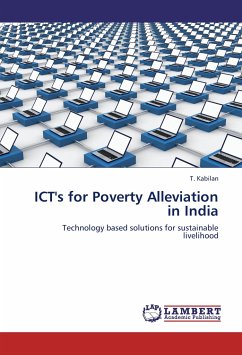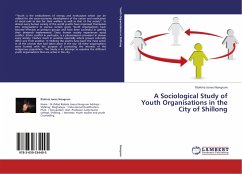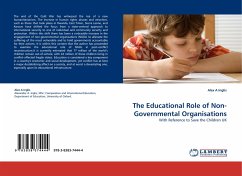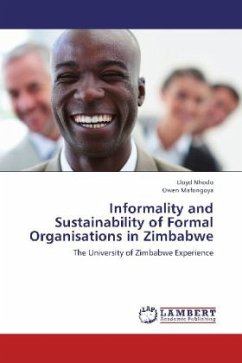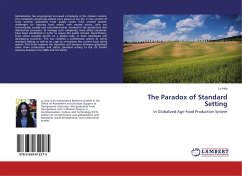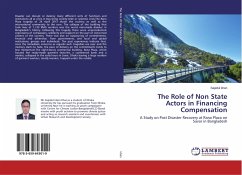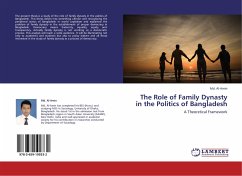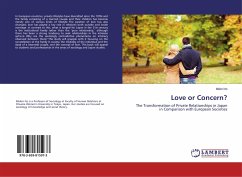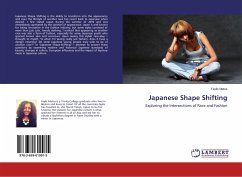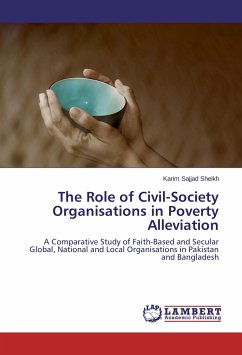
The Role of Civil-Society Organisations in Poverty Alleviation
A Comparative Study of Faith-Based and Secular Global, National and Local Organisations in Pakistan and Bangladesh
Versandkostenfrei!
Versandfertig in 6-10 Tagen
39,99 €
inkl. MwSt.

PAYBACK Punkte
20 °P sammeln!
The study explores efforts aimed at poverty alleviation by local- national-, and global-level civil-society NGOs in two South Asian countries, Pakistan and Bangladesh. It opens with a review of literature on different meanings of poverty and poverty alleviation and the role in this process of non-governmental organizations, followed by a comparative examination of the meanings of civil society in Western (secular) and Islamic (faith-based) traditions. Having outlined the socioeconomic profiles of Pakistan and Bangladesh, the study then comparatively investigate in this context the purposes, or...
The study explores efforts aimed at poverty alleviation by local- national-, and global-level civil-society NGOs in two South Asian countries, Pakistan and Bangladesh. It opens with a review of literature on different meanings of poverty and poverty alleviation and the role in this process of non-governmental organizations, followed by a comparative examination of the meanings of civil society in Western (secular) and Islamic (faith-based) traditions. Having outlined the socioeconomic profiles of Pakistan and Bangladesh, the study then comparatively investigate in this context the purposes, organization and funding, types of activities and outcomes in terms of the alleviation of poverty of local-, national-, and global-level secular and faith-based civil-society organizations in these two countries. The study is based on face-to-face interviews conducted in situ by the author and the analysis of the available organizational records and relevant secondary sources. Having identified these features of non-governmental organizations operating at three different levels in the examined countries, the study comparatively assesses the overall cross-country and cross-sectional similarities



